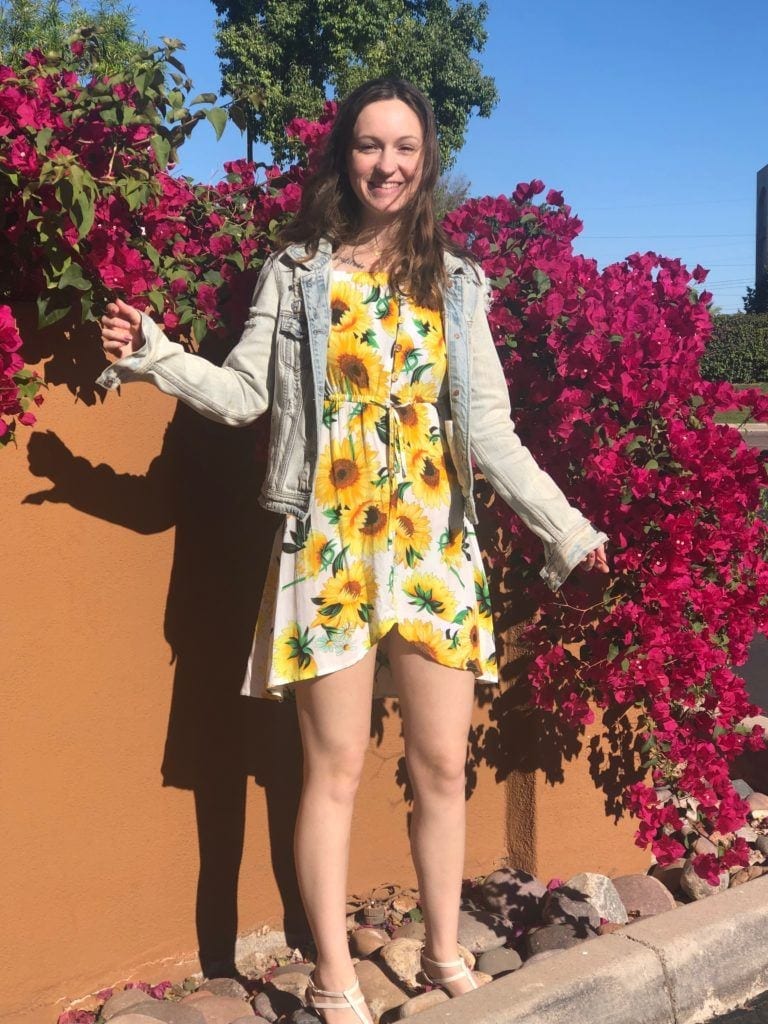
Are you interested in learning more about the psychology of yoga practice and theory? You’re in luck. The Wanderlust Speakeasy—part of every 2-day and 3-day Wanderlust Festival—brings together the best minds in the community. Think of it as a mindful TED Talk series, with the teachers and leaders you’ve come to know and love from Wanderlust. Expanding your mind is practice too. To watch a selection of the series, click here.
We all have a body, that’s no secret. It’s also no secret that our bodies carry within them so many intricate, subtle details that our conscious minds have no awareness of or control over. We know that we are breathing, yet we don’t always need to remind ourselves to breathe. We know how to swallow, digest, pump blood, think, and react at the sound of a bell, simply because we are alive and driven to survive in this world. Our subconscious minds are powerful beings, and the way they are wired to process makes a huge difference in how we live our lives.
Dr. Peter Levine said that, “Trauma is inevitable, but it doesn’t need to be a life sentence.” Our bodies have the ability to store endless information: our memories, stressors, and every other sensory input we have ever experienced, from birth to death. We are mammals, and as such we have the gift of sensory connection. It is no surprise that this vast array of input also includes traumas.
Learning to Release Trauma
When a prey animal survives a traumatic event, it is biologically programmed to release this trauma from its body. Via trembling, panting, or vocalizing its distress, it allows for this trauma to be released. Humans, however, have lost this ability. It is not socially acceptable behavior for us to go around shaking and panting and screaming in terror every time we experience fear. We are social animals, and we seek out social acceptance. We often times don’t allow ourselves to experience our emotions fully, especially when they are uncomfortable or intimidating.
Because of our detachment from our emotions, things can get pretty out of whack. When we deny our emotions or avoid the discomfort that comes with healing the traumas we have experienced, our entire system is affected. Our nervous system becomes eternally charged and backed up with multitudes of sensory input. Our subconscious minds begin to identify with certain beliefs because we don’t allow ourselves to process this input any other way. Often times, this is because we don’t know how, and sometimes, even though we know there’s another way, it is too threatening to our identity, and we choose to stay comfortable.
It is not socially acceptable behavior for us to go around shaking and panting and screaming in terror every time we experience fear.
Although this sense of detachment may be necessary at times when the emotions are too big to handle all at once, it can wreak havoc on our lives if left unchecked. For example, someone may turn to alcohol to suppress their emotions. Over time, this habit turns into an addiction. The same way we as humans reach away from pain, we also tend to gravitate towards pleasure. This can get tricky, especially when we move towards that pleasure to move away from our pain. On one hand, it serves us, offers us something new and exciting or safe and comfortable. On the other hand, it pulls us away from our humanness and removes us from our relationship with ourselves.
Real Solutions Over Temporary Fixes
There are many techniques and practices out there offering “quick fixes” as solutions. As enticing as those “solutions” may seem, they will never work. They don’t take you to a true place of healing. Think of it this way: if one experienced back pain on a daily basis, their first inclination may be to take a pain pill. Are those pills fixing the problem, or simply numbing the symptom? If one stopped taking those pills, their back pain would most likely still be there. This is the way Western medicine likes to function: quick, easy, and simple.
In Ayurvedic psychology, one observes a symptom to be a physical expression of an energetic imbalance. Take for example the feeling of tense shoulders after a stressful day. This is a physical expression of an energetic imbalance. That Aleve may offer temporary relief, but if one doesn’t deal with their stress, their tension most likely won’t subside. Now relate this to trauma. If a child is continuously beaten and abused until adulthood, what emotions would they be used to feeling? Fear? Abandonment? Anger? Sadness?
Learning to Change This Dynamic
If that child (now adult) doesn’t reach out for help and begin to work through these emotions, these emotions are going to make a huge impact on the way this person lives the rest of their life, i.e. afraid, skeptical, angry, sad, etc. Because of this childhood trauma, this person’s nervous system is going to have an “autopilot” setting of those same emotions. Their nervous system won’t know any different, and therefore it will store these emotions until they are released, and opposite emotions are experienced, i.e. safety, unconditional love, trust, joy, etc.
Same goes with the subconscious mind. If this person grew up their entire life believing they were unlovable, at fault, weak, and powerless, they are going to live their lives through that lens, constantly giving their power away out of fear, seeking out any form of love, whether it be healthy or not, and self-sabotaging. Through awareness of the imbalance, acceptance of the symptoms, and taking action to heal, one can evolve beyond the traumas they’ve experienced and remember who they are: inherently whole, lovable, and powerful beyond measure.
We are all capable of healing ourselves. We all house within us the same powers of awareness, acceptance, and action. Allowing these emotions to be fully felt, no matter how scary or sad or uncomfortable, can mean the difference between becoming a life-long victim or becoming a victor.
—
 Rebecca Filiault is an honors Neuroscience student at Sacred Heart University in Fairfield, CT. She has extensive certifications in holistic approaches to trauma recovery, including Integrative Amrit Method Yoga Therapy and Yoga Nidra, as well as her Tapping levels 1 & 2 training, respectively. She hopes to pioneer the field of Neuroscience research as it applies to trauma and its effects on the Somatic Nervous System. In her free time, you can find her outside hiking with friends and family and working at a local restaurant.
Rebecca Filiault is an honors Neuroscience student at Sacred Heart University in Fairfield, CT. She has extensive certifications in holistic approaches to trauma recovery, including Integrative Amrit Method Yoga Therapy and Yoga Nidra, as well as her Tapping levels 1 & 2 training, respectively. She hopes to pioneer the field of Neuroscience research as it applies to trauma and its effects on the Somatic Nervous System. In her free time, you can find her outside hiking with friends and family and working at a local restaurant.
